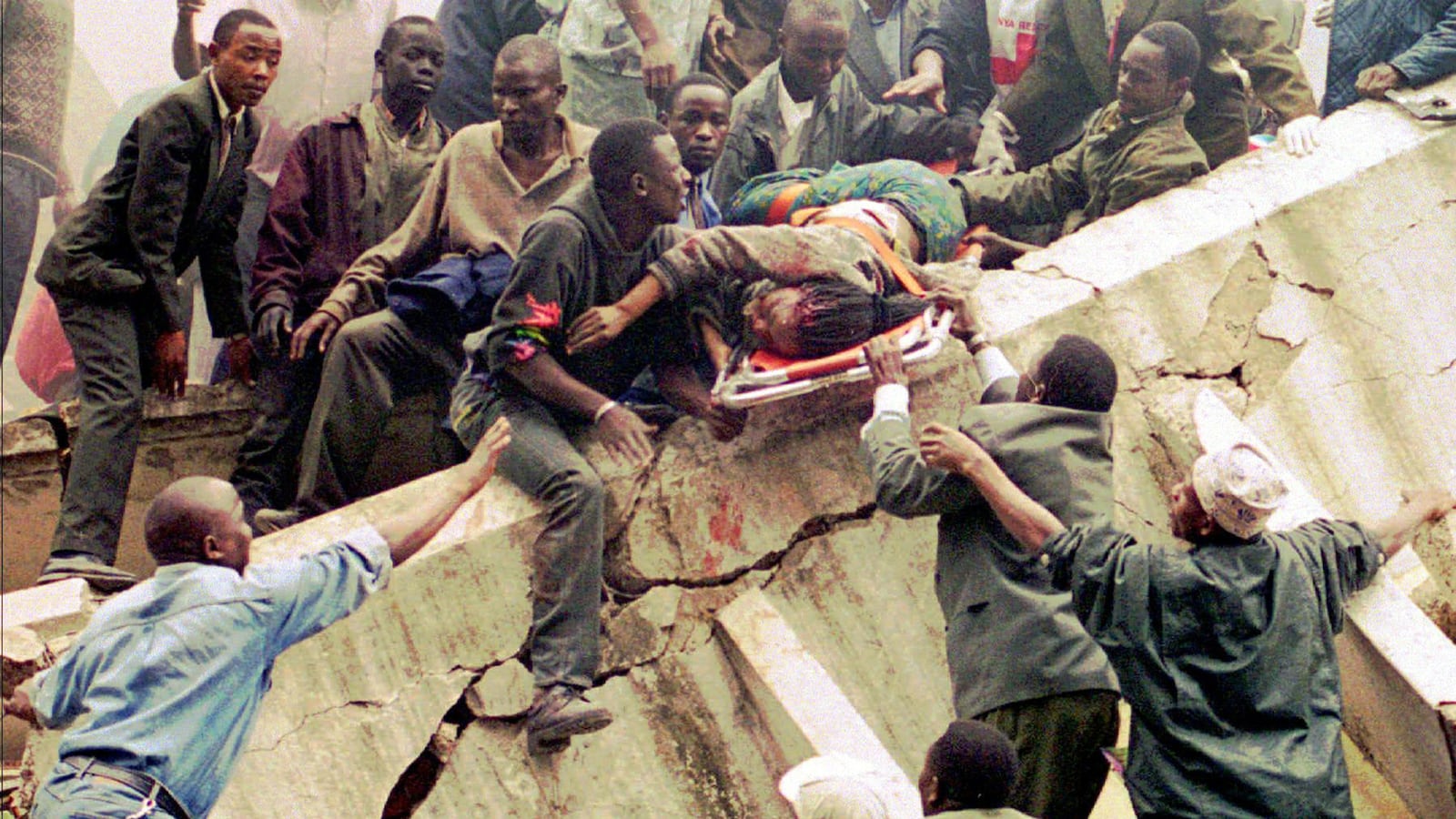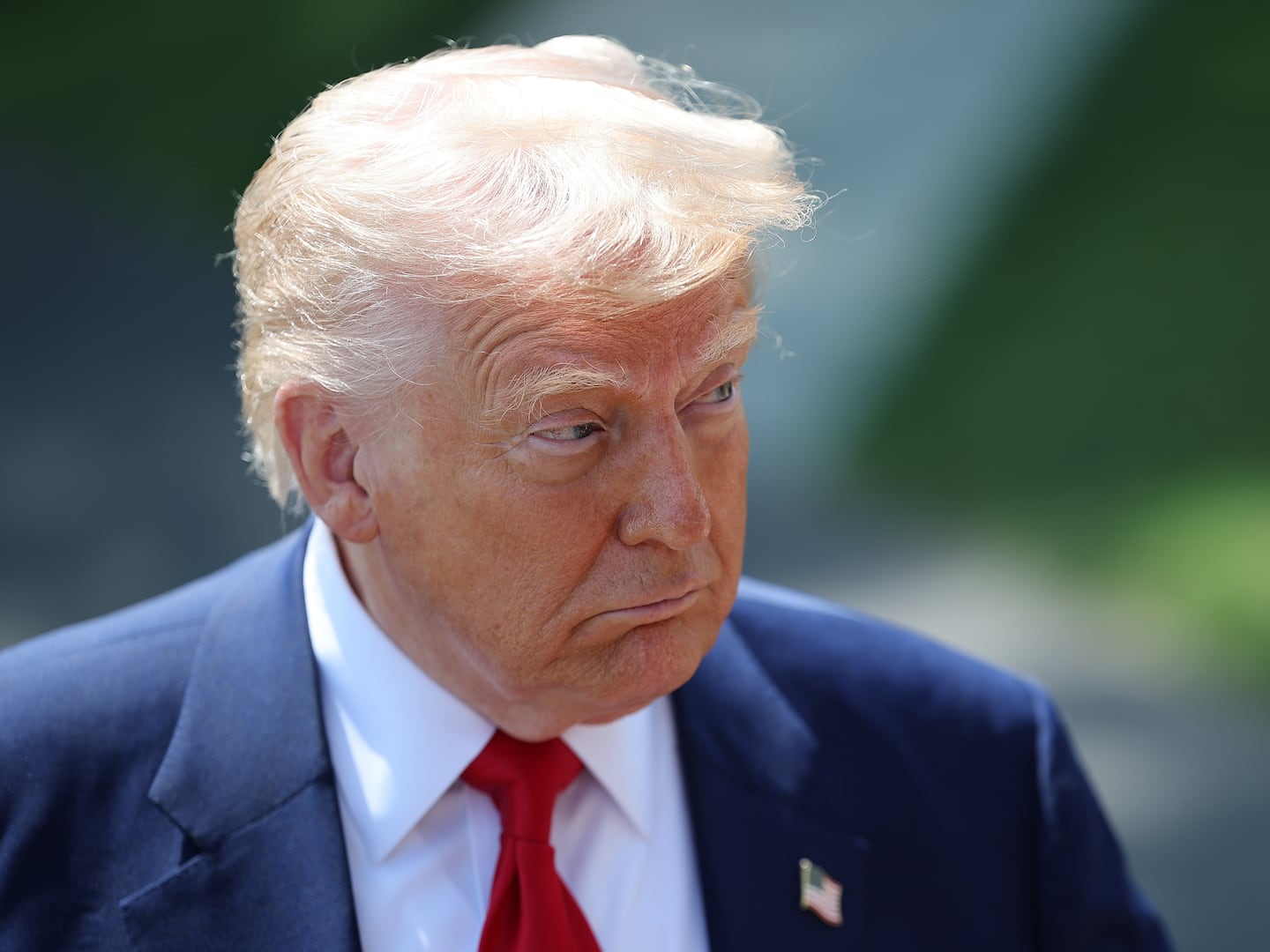The capture Saturday in Tripoli of an al Qaeda leader indicted for planning the 1998 attacks on U.S. embassies in Africa has reignited a debate in Washington over what to do with terrorist suspects who are taken alive.

Since Barack Obama took office, scores of suspected al Qaeda leaders and terrorists have been killed in raids or by drone attack. But before the capture of Nazih Abdul-Hamed al-Ruqai, also known as Abu Anas al-Liby, only one other suspected terrorist had been captured and not killed in a U.S.-led counterterrorism operation.
His name was Ahmed Abdulkadir Warsame, and he was captured in international waters between Yemen and Somalia in the spring of 2011. Warsame was detained aboard a Navy ship for two months before the Obama administration acknowledged the capture. He was eventually transferred to the U.S. district court of New York. In March the FBI announced that Warsame pleaded guilty to providing material support to al Qaeda’s affiliates in Yemen and Somalia.
At issue is whether a suspected terrorist captured in a foreign country should be given a trial in U.S. courts or face detention and military justice similar to the system established by George W. Bush at the Guantánamo Bay detention facility. It has been Obama’s policy since 2009 to close that facility, but Congress has passed a series of measures that have made it impossible either to transfer suspects from Guantanamo to a civil court or to close the prison and relocate it on U.S. soil. Obama has yet to send any new detainees to the Guantánamo Bay prison.
When Warsame was captured, leading Republicans including Rep. Howard “Buck” McKeon, chairman of the House Armed Services Committee, said the suspect should be sent to Guantánamo and tried by military commission. It’s no surprise that this time around McKeon was quick with a statement urging the Obama administration to interrogate al-Liby thoroughly before turning him over to the courts.
“This terrorist leader has vast intelligence value that could be key to saving lives in the future,” McKeon said. “I urge the administration to fully exploit this potential before moving al-Liby on to prosecution, rather than follow an arbitrary timeline. This can be done safely and humanely, but it must be done thoroughly.”
So far the administration is not saying where it is holding al-Liby, although it was reported late Sunday that he was aboard the U.S.S. San Antonio, a U.S. Navy ship. Earlier in the day, Pentagon spokesman George Little said, “He is currently lawfully detained under the law of war in a secure location outside of Libya.”

Robert Chesney, a University of Texas professor of national-security law, said, “If the administration believed they needed a long time to interrogate al-Liby, then all things being equal they should not have announced right away that they captured him unless they believed his capture was going to be known anyway.”
Chesney added that the question for now is how long will it take for al-Liby to be transferred to an “FBI clean team” or a group of agents who do not know what the suspect said in earlier interrogations and who will then read him his constitutional rights in preparation for his detention and trial.






